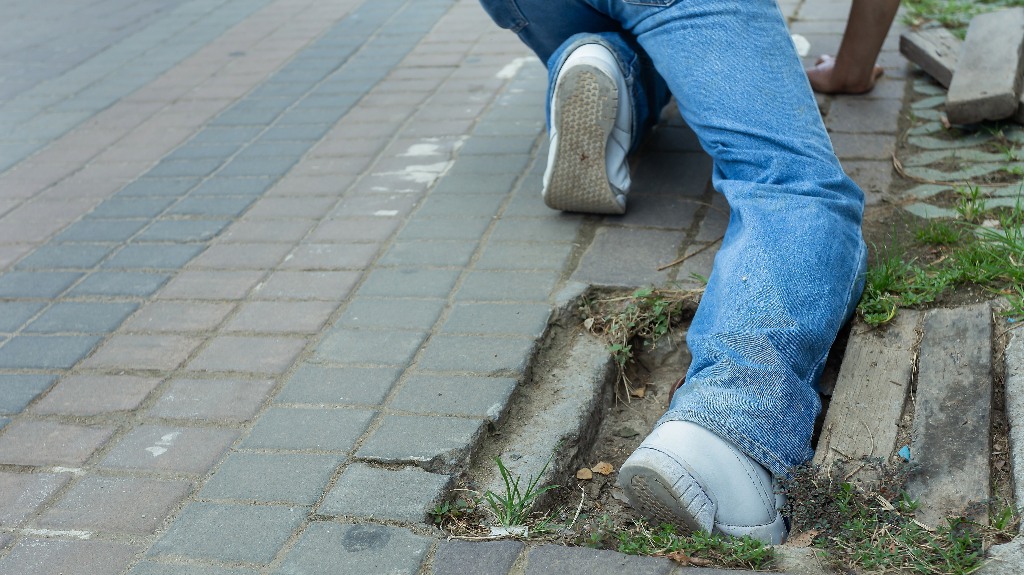Premises liability law can be complex due to the many different classifications that apply to those who may be present on an individual’s property. In the majority of cases, premises liability law makes property owners responsible for maintaining the safety of their property. Common accidents which occur on commercial and residential property include slip and fall accidents and catastrophic injury cases.

Licensees and Premises Liability Law
Licensees are those who are permitted to be on land for their own benefit with the consent of the property owner. A person who has permission to camp on an individual’s land is classified as a licensee. Also, a utility company which works on underground pipes may be considered a licensee.
Property owners are liable to licensees if the property owners knew or had reason to know of any dangerous conditions on the property and failed to fix those conditions. Property owners must also warn licensees of dangerous conditions on the property. But property owners do not have a duty to inspect property before a licensee comes onto the property.
Invitees and Premises Liability Law
An invitee is an individual who a property owner has invited onto the property for a lawful purpose. A friend who comes over for a visit is considered an invitee, or a customer who comes into a store is an invitee.
Property owners may be liable for injuries suffered by invitees if the property owner knew or should have known of the dangerous conditions existing on the property. Property owners have a duty to warn about these conditions, and the property owner must inspect the property for any dangers which may bring harm to invitees.
Business invitees are typically business customers and public invitees are those who enter land which is held open to the public.
Trespassers and Premises Liability Law
A trespasser is a person who comes onto the property of another with no legal right to enter the property. People who break and enter into a house are trespassers. An individual hiker who enters land without permission of the landowner is a trespasser. Also, a person who loiters may be classified as a trespasser.
Property owners do not owe any duties to landowners. The landowner does not have to warn the trespasser about dangers on the property or inspect the property to check for the presence of dangerous conditions.
The Types of Damages Victims May Claim In Premises Liability Cases
The majority of accident victims claim general damages and special damages. General damages concern more personal losses such as emotional distress, pain and suffering, and loss of enjoyment of life. Special damages concern more quantifiable losses such as medical bills, property damage, and lost wages.
It is necessary to speak to a knowledgeable premises liability attorney to understand the types of damages you may claim in your case. You may be entitled to punitive damages depending on the facts and circumstances of the case. Punitive damages are designed to punish the defendant and to deter the defendant from committing the same harmful conduct in the future.
